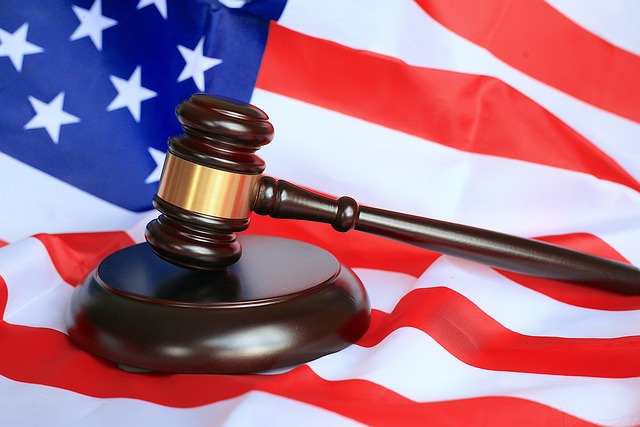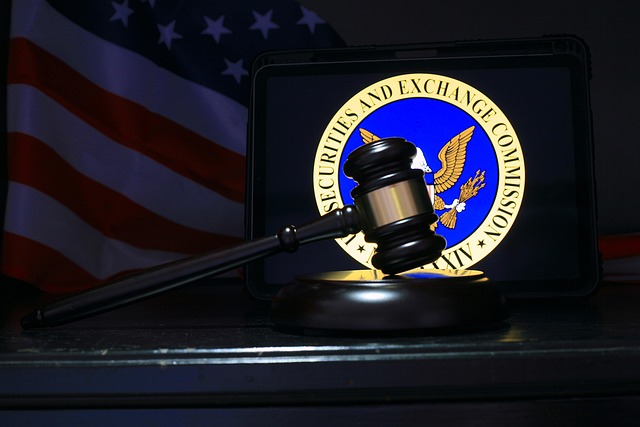Heartland Behavioral Health lawsuits seek justice for mental health treatment issues, empowering families to hold institutions like Heartland accountable. Through investigations and expert testimony, these legal actions drive policy reforms, improve patient care, and prevent future misconduct. Increased transparency, regulatory inspections, and oversight committees are key accountability mechanisms, catalyzing systemic change within the industry. The Heartland Behavioral Health lawsuit prompts facility-wide reassessments and training to prioritize safety for vulnerable populations.
“Discover how Heartland Behavioral Health Lawsuits are reshaping accountability standards. This comprehensive guide explores the intricate dynamics of these legal actions, offering insights into their role as powerful tools for holding institutions responsible.
We’ll dissect the nature of Heartland Behavioral Health Lawsuits, examine existing accountability mechanisms, and delve into the far-reaching impacts on prevention strategies. By understanding these dynamics, we can foster a safer, more transparent mental health care environment.”
- Understanding Heartland Behavioral Health Lawsuits
- Accountability Mechanisms in Place
- Impact and Prevention Strategies
Understanding Heartland Behavioral Health Lawsuits

Heartland Behavioral Health Lawsuits are legal actions that bring attention to and address issues within the healthcare system, specifically focusing on mental health treatment facilities like Heartland Behavioral Health. These lawsuits serve as a powerful tool for accountability by shedding light on potential misconduct, neglect, or abuse within these institutions. They aim to protect vulnerable individuals who may be unable to speak for themselves, ensuring they receive the care and respect they deserve.
Through these legal proceedings, families and advocates can seek justice, compensation, and changes in policy to prevent future harm. The process involves thorough investigations, expert testimony, and a close examination of records, ultimately holding facilities and staff accountable for any deviations from ethical standards of care. This not only ensures better treatment for current patients but also serves as a deterrent, encouraging the highest levels of professionalism and safety in mental health services.
Accountability Mechanisms in Place

In the context of a Heartland Behavioral Health Lawsuit, accountability mechanisms play a pivotal role in ensuring justice and reform. These lawsuits often expose systemic issues within mental health facilities, prompting necessary changes to protect patients. Accountability here isn’t just about legal repercussions; it’s a multifaceted approach. One key mechanism is increased transparency, where facilities are required to disclose information about their operations, treatment protocols, and staff qualifications. This openness allows for better scrutiny and empowers families, advocates, and the public to hold facilities accountable.
Additionally, regulatory bodies and oversight committees play a crucial part by conducting regular inspections and audits of these behavioral health centers. These entities have the authority to enforce standards, issue citations, and even revoke licenses if facilities fail to meet the required safety and care benchmarks. Such checks and balances ensure that Heartland Behavioral Health Lawsuits don’t just become isolated incidents but serve as catalysts for broader systemic change within the mental health care industry.
Impact and Prevention Strategies

The impact of a Heartland Behavioral Health lawsuit extends far beyond the legal realm, serving as a powerful tool for accountability and change within the industry. These lawsuits shed light on potential systemic issues, prompting facilities to reevaluate their practices and protocols. As a result, many organizations have implemented stringent prevention strategies to ensure resident safety and well-being.
One key strategy is enhancing staff training programs to foster a culture of continuous learning and improvement. Additionally, facilities are adopting more robust monitoring systems, allowing for real-time intervention in situations that may lead to potential harm. The collaboration between legal experts, healthcare professionals, and policymakers plays a crucial role in refining regulations, ensuring they align with the evolving needs of vulnerable populations within Heartland Behavioral Health settings.
Heartland Behavioral Health lawsuits serve as a powerful mechanism for holding facilities accountable and ensuring the safety of individuals receiving care. By understanding these legal processes, we can strengthen existing accountability measures and implement effective prevention strategies. These suits not only provide justice for victims but also foster a culture of transparency and responsibility within the behavioral health industry. Through careful navigation of these legal frameworks, we can create a safer environment for those in need of specialized care.
